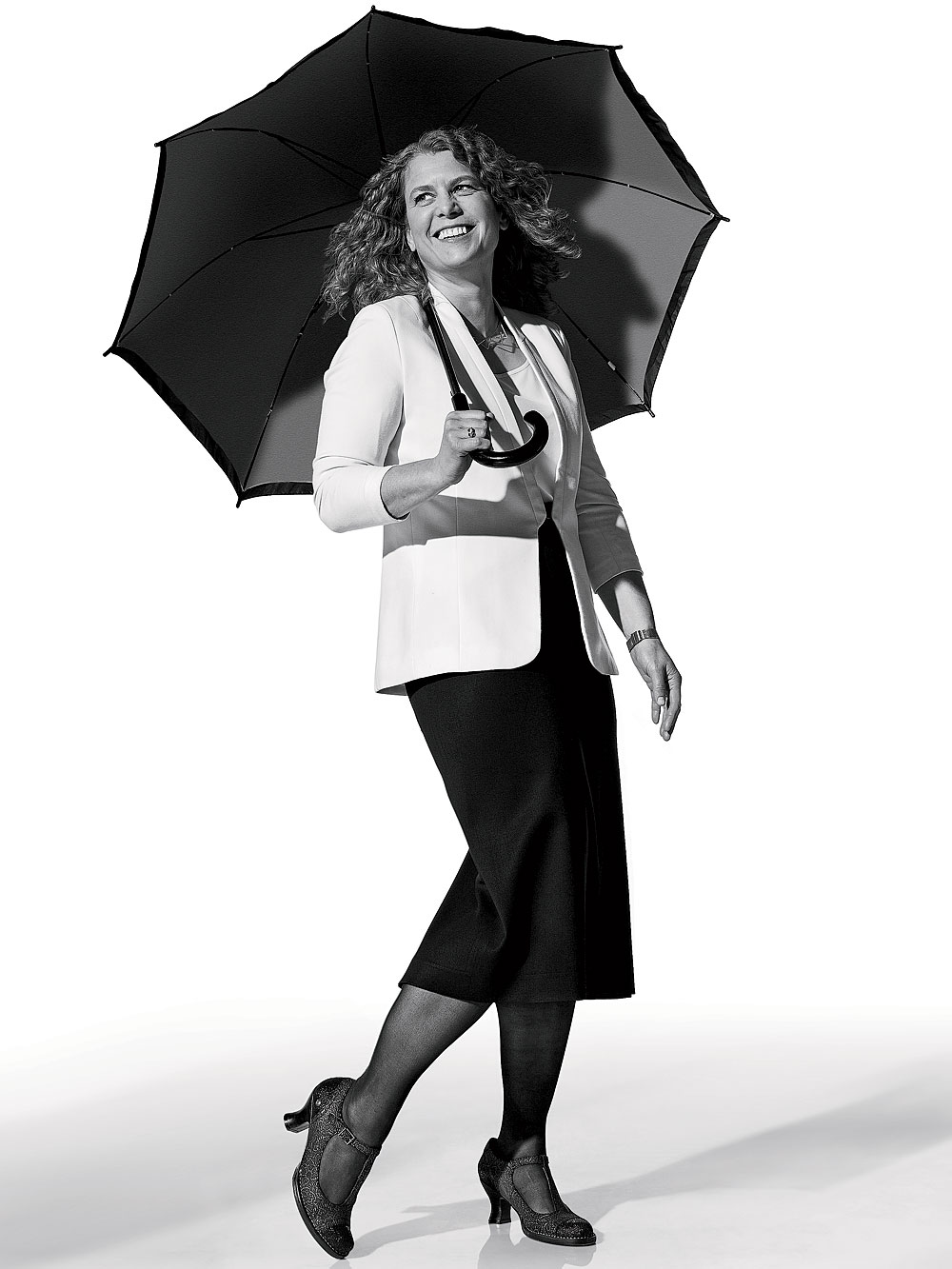The problem: There’s no consensus across academic disciplines on how exactly global warming will affect society. The solution—well, this University of Chicago researcher, who refuses to divulge her age, believes it starts with rooting the discussion in science. As codirector of the university’s Center for Robust Decision Making on Climate and Energy Policy, Elisabeth Moyer is helping demonstrate how even a slight uptick in the planet’s temperature could adversely affect crop production, freshwater supply, and even GDP. (The center’s other lead investigators include the respected economist Lars Peter Hansen and the computational experts Ian Foster and Todd Munson.) Historically, “standard economic models said that not much would happen,” she explains. “We think that is a false confidence.”
It helps that this Stanford and Caltech grad, who joined the U. of C. faculty in 2008, studies climate change from a unique vantage point: She’s one of the first scientists to set up a research lab some 60,000 feet above sea level—tens of thousands of feet above commercial aircraft level but below the ozone layer. There, via NASA missions, Moyer sends instruments of her own design (known as laser absorption spectroscopes) to chart atmospheric changes as the earth’s temperature fluctuates. These data matter greatly because, as Moyer carefully puts it, “researchers confirm that the planet is definitely getting warmer.” That could mean increasingly severe storms, crop and freshwater shortages, and other potential disasters.
She’s adamant, too, that her findings (and the work of the center) eventually be made public so that governments, researchers, and activist groups can draw their own conclusions. “You may hear that there is a three-degree change in the global mean temp and think, What is the big deal?” she says. “It matters. As the temperature changes, things could die. It’s the scientist’s job to prepare people’s thinking.”



